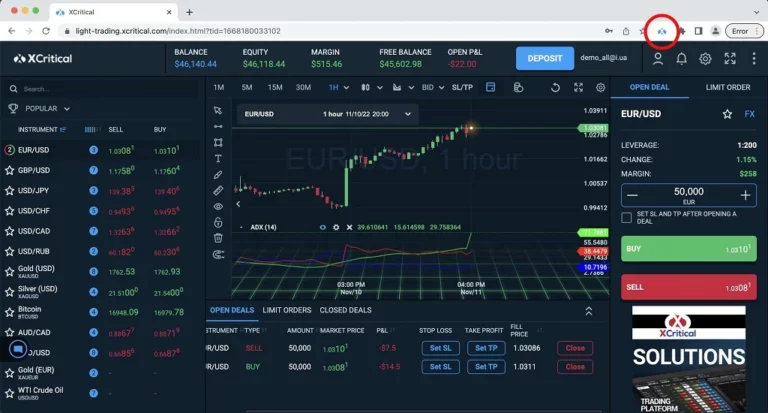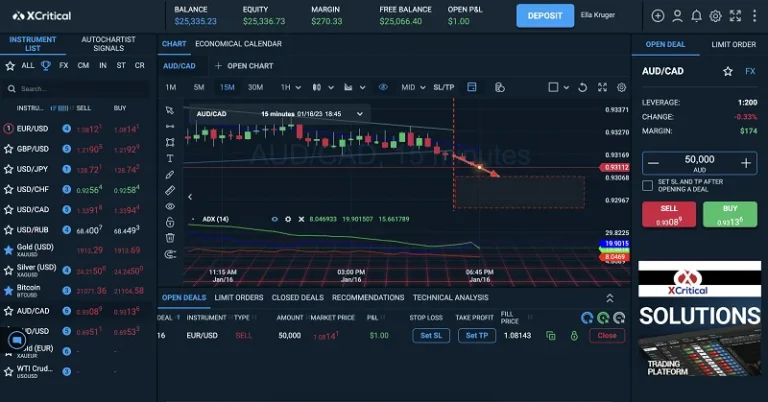They take advantage of the digital foreign money market’s decentralized and relatively new traits, permitting them to remain anonymous and simply target their victims. Criminals then launder the funds through exchanges or by hiding transaction history with techniques similar to coin mixing, making it difficult to trace the money trail. The rise of ransomware as a service (RaaS) has solely heightened these risks and raised AML issues within the cryptocurrency industry. Cryptocurrency exchanges are on-line marketplaces that enable users to buy, promote, and trade cryptocurrency.
AML cryptocurrency regulations play a key position in legitimising and securing the operations of crypto exchanges. By implementing AML and KYC procedures, these platforms can safeguard in opposition to AML Crypto the misuse of cryptocurrencies for illegal purposes, thus contributing to the general stability of the crypto market. Sanction Scanner has a proven track document of helping shoppers within the crypto sector, together with ICrypex, Eksit, Coino and Metatime. Our solutions have enabled these corporations to boost their AML compliance, streamline processes, and safeguard in opposition to monetary crimes. Request a demo to see how we might help you navigate the complexities of AML compliance within the cryptocurrency trade.
To fight the financing of criminal activity, regulatory our bodies have rushed to enact stringent anti-money laundering (AML) legislation to stop cash laundering via cryptocurrency exchanges and custodian companies. While figuring out red flags is important for identifying legal exercise in crypto, the market’s complexity requires more comprehensive strategies. The decentralized and anonymous nature of cryptocurrency transactions complicates commonplace compliance measures, with over $1 billion in illegal crypto exercise estimated each year. Scammers frequently trick people into giving over their cryptocurrency or private information within the name of legitimate investment opportunities, exchanges, or providers.
With its seamless integration, it ensures that businesses stay forward of ever-evolving compliance requirements. Corporations should also establish internal compliance functions and preserve continuous monitoring of transactions to detect suspicious actions. Components to consider when assessing AML risks embody the kind of crypto services offered, customer transaction profiles, geographic components, and the sophistication of potential money laundering techniques.
The info here is relevant as of November 29, 2022, and amid the current FTX collapse that has shaken the whole business, we suspect that some regulations for CEXs and DEXs may change within the coming months. Moreover, the upcoming MiCA (Market in Crypto-Assets) regulation in the EU will make digital asset exchanges comply with extra strict rules after its adoption in 2023. By continuously evaluating and adopting new technologies and progressive AML options, crypto exchanges can keep one step forward of money launderers and strengthen their total AML defenses. By equipping workers with the necessary information and expertise, they can higher identify potential purple flags and take appropriate action. Regular coaching classes and updates are additionally essential to keep staff knowledgeable about evolving AML rules and emerging money laundering techniques. For more information on AML compliance for crypto exchanges, refer to our article on AML compliance for crypto exchanges.

In Accordance to source, almost $2 billion was stolen in crypto through hacks by July 2022, compared to slightly below Initial coin offering $1.2 billion at the identical time in 2021. Cash laundering through crypto has also increased, with criminals laundering $8.6 billion of cryptocurrency in 2021, up by 30% from 2020. Customers can commerce digital foreign money on the web, and transactions are typically characterised by non-face-to-face buyer relationships, permitting anonymous funding (cash funding or third-party funding via digital exchangers that don’t adequately establish the funding source).
By implementing a risk-based approach, conducting continuous danger assessments, and collaborating with regulatory our bodies, crypto corporations can set up sturdy AML compliance frameworks. Implementing effective anti-money laundering (AML) policies in crypto exchanges comes with its personal set of challenges. As the cryptocurrency trade continues to evolve, crypto exchanges must address these challenges to ensure sturdy AML practices. Two widespread challenges faced by crypto exchanges in implementing AML policies are anonymity and pseudonymity in cryptocurrency transactions, in addition to the quickly evolving expertise and regulatory frameworks. These insurance policies are designed to determine and forestall the misuse of cryptocurrencies for illicit activities.
Keep Ahead Of Economic Crimes: Cutting-edge Aml Software Program Solutions For Banks
- By fulfilling these obligations, exchanges contribute to the general efforts in combating cash laundering and terrorist financing.
- Crypto exchanges ought to present regular coaching to their staff on AML rules, the exchange’s AML policies and procedures, and the latest trends and typologies in money laundering and terrorist financing.
- Important to each authorized compliance and risk management is a set of associated insurance policies to guide the business’s actions in a range of eventualities and a compliance officer to implement them.
- The traditional requirements to acquire them are similar to those for crypto licenses and include required authorized capital, AML/KYC compliance, and annual audits.
To perceive the particular AML requirements for crypto exchanges, check with our article on crypto exchange AML requirements. To ensure transparency and facilitate regulatory oversight, crypto exchanges should maintain accurate data of their transactions, buyer data, and AML procedures. Moreover, exchanges are required to submit common reports on their AML activities to reveal compliance with regulatory obligations.
How Typically Do Regulators Update Crypto Aml Guidance?

By implementing effective transaction monitoring methods, firms can analyze transaction patterns and identify suspicious actions that will point out cash laundering or fraud, thus assembly compliance necessities and making certain regulatory adherence. In addition to monitoring, crypto exchanges have an obligation to report any suspicious transactions to the relevant authorities. By promptly reporting suspicious transactions, exchanges contribute to the overall efforts in combating cash laundering and terrorist financing throughout the crypto trade. To navigate these challenges, crypto exchanges ought to prioritize ongoing training and education for his or her staff. By keeping the staff well-informed concerning the latest technologies, regulatory adjustments, and AML best practices, exchanges can improve their capability to detect and prevent cash laundering activities.
Nonetheless, not all digital asset entities, corresponding to individual miners, qualify as VASPs underneath the FATF’s suggestions. By implementing strong AML techniques, companies can build trust with users, safeguard their platforms from felony misuse, and preserve compliance with native and international rules. Options like MarketGuard offer companies the tools they want to navigate the complexities of AML compliance while fostering growth and innovation within the cryptocurrency market. BTC-e was a popular cryptocurrency trade till it was shut down by U.S. authorities in 2017 for facilitating large-scale money laundering. In 2025, necessities for crypto transaction monitoring will likely https://www.xcritical.in/ continue to emphasize the importance of real-time analysis and continuous monitoring of transactions.
Significance Of Aml Compliance In Crypto
In 2025, crypto is no longer fringe — it’s a core a part of financial infrastructure, driving cross-border funds, DeFi, and digital economies. She advises a extensive range of clients–including non-public and public companies, joint ventures, private equity and hedge funds, C-Suite executives, private U.S and international particular person clients, and government … While performing as a world enterprise lawyer and global company general counsel, Robin is sought out by purchasers … For extra information on cryptocurrency AML guidelines and trade best practices, discuss with our articles on cryptocurrency AML tips and cryptocurrency AML greatest practices. All UK Bureaux de change are registered with His Majesty’s Revenue and Customs, which issues a buying and selling licence for each location. Bureaux de change and cash transmitters, corresponding to Western Union shops, in the UK fall throughout the “regulated sector” and are required to adjust to the Cash Laundering Regulations 2007.90 Checks may be carried out by HMRC on all Money Service Businesses.
Leave a Reply